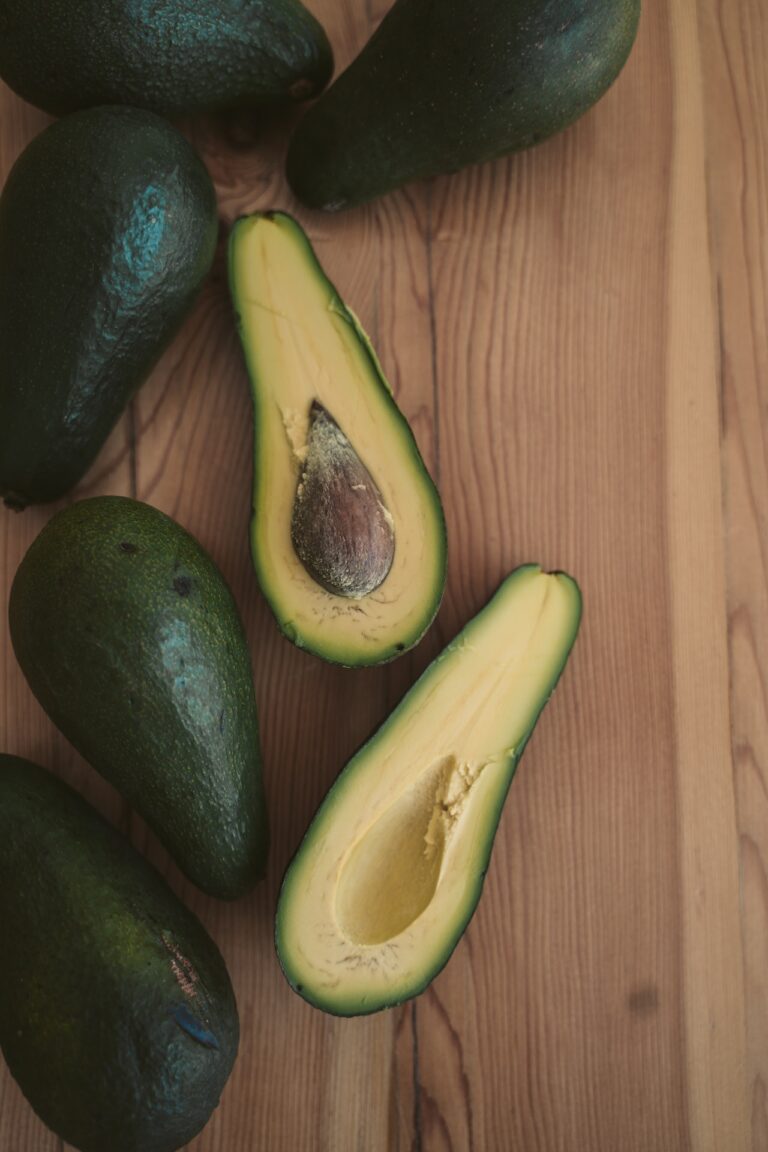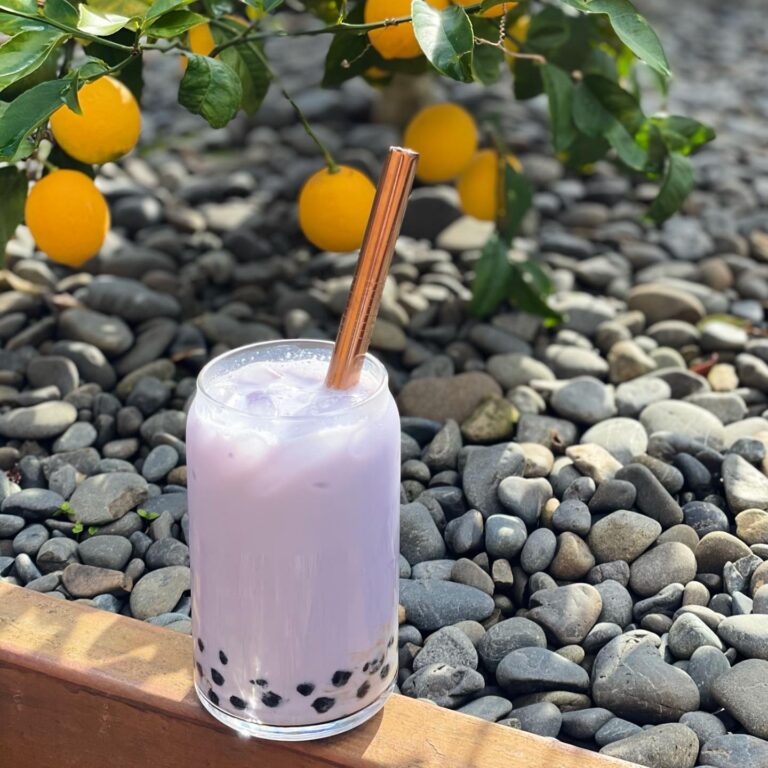Sweet To Bitter: What Does Bok Choy Taste Like
When I first tried bok choy, I was intrigued by its unique appearance and wanted to learn more about it.
After doing some research, I discovered that bok choy is a type of Chinese cabbage that has been enjoyed for thousands of years.
I also learned that taste is an important factor to consider when cooking with bok choy, as it can greatly affect the overall flavor of a dish.
Also read: What Does Mountain Dew Pitch Black Taste Like
The Flavor Profile of Bok Choy
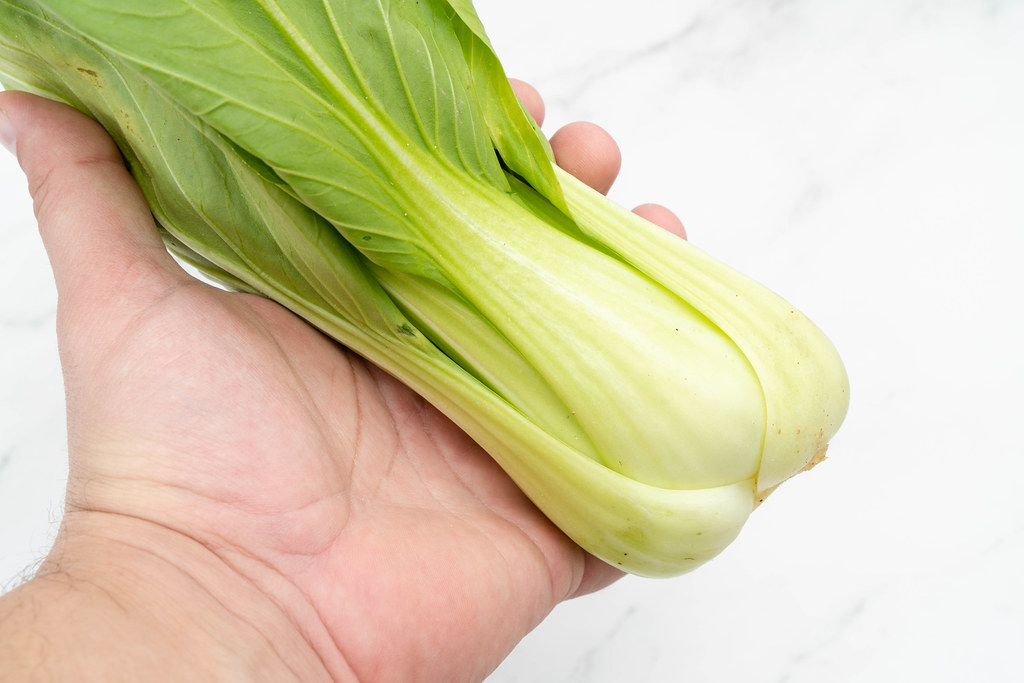
bok choy has a delicate, slightly sweet flavor that is often accompanied by a subtle bitterness.
This bitterness can be more pronounced in older or larger bok choy leaves but can be mitigated by cooking them properly.
I also noticed that bok choy has a savory, umami flavor that adds depth to soups, stir-fries, and other dishes.
Depending on the growing conditions and maturity of the bok choy, I have tasted earthiness and nuttiness in some varieties.
Also Read: What Does Sazón Taste Like
How Bok Choy Compares to Other Leafy Greens
I’ve tried many different varieties and have found that bok choy has a unique flavor that sets it apart from other greens.
For example, spinach has a milder, sweeter flavor and is more tender than bok choy, while kale has a slightly bitter, earthy flavor that can be overpowering if not balanced properly.
Swiss chard has a similar bitterness to bok choy, but its leaves are larger and thicker, making it a different texture to cook with.
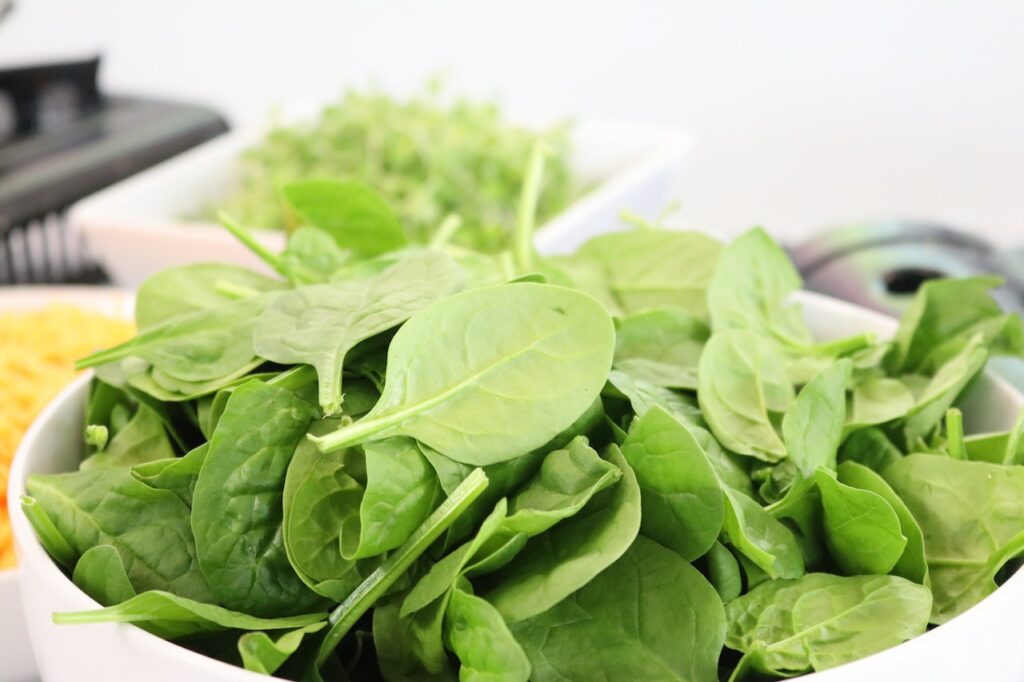
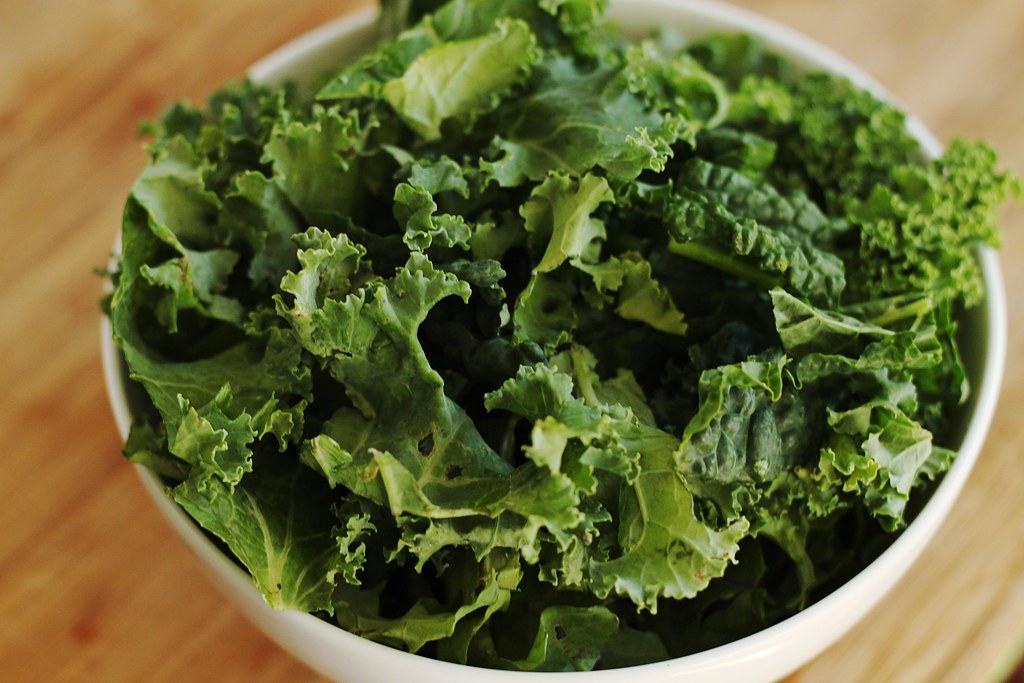
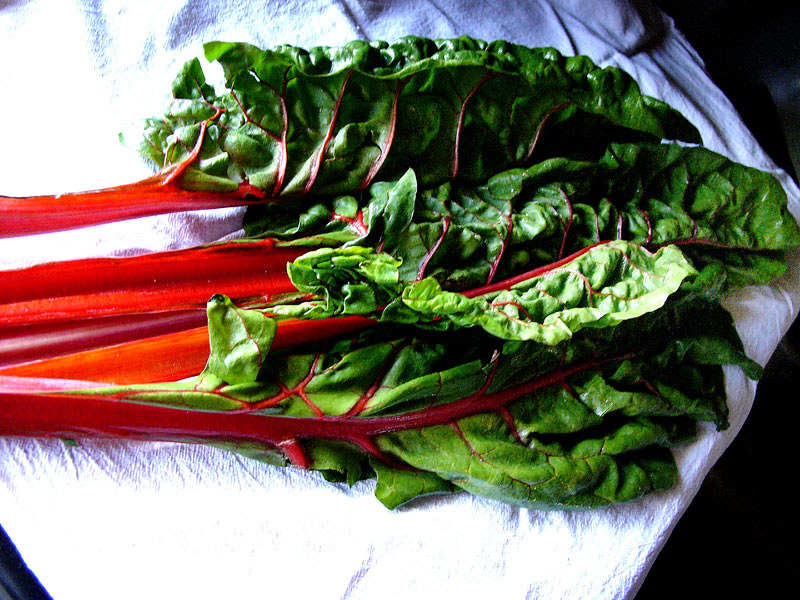
I’ve also tried other Asian greens like tatsoi and Gai lan (Chinese broccoli), which have their own distinct flavors and textures.
Also Read: What Does Gruyere Cheese Taste Like?
Factors That Can Affect Bok Choy’s Taste
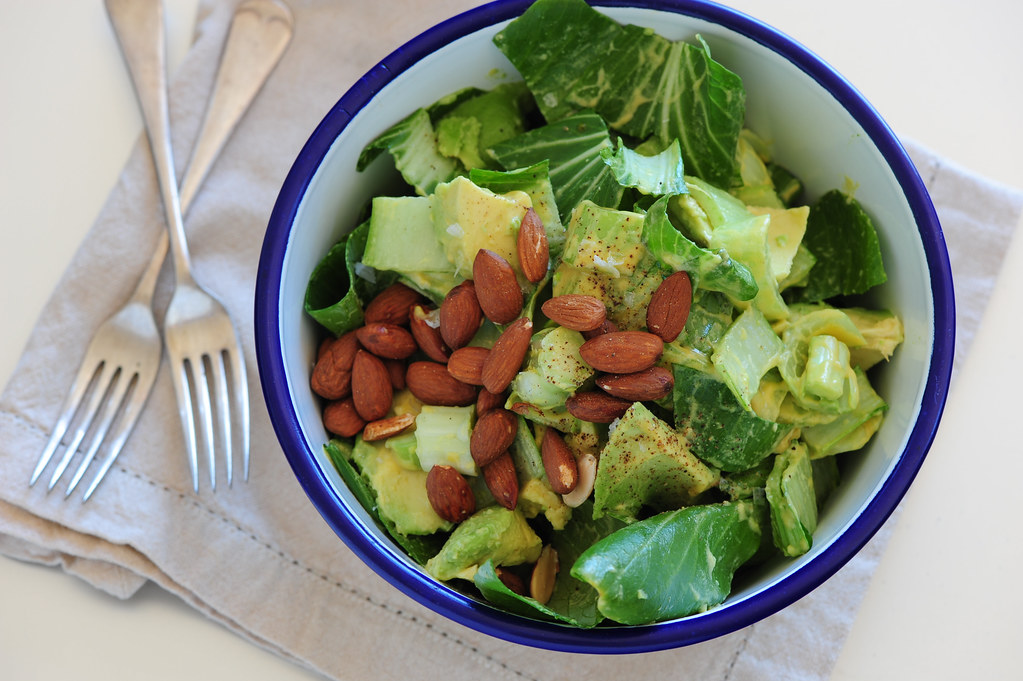
The taste of bok choy can be influenced by several factors. For example, bok choy that has been grown in colder temperatures or with less sunlight may have a milder flavor than those grown in warmer, sunnier conditions.
Bok choy that is past its prime may have a stronger, more bitter taste.
The cooking method can greatly affect the flavor of bok choy, I’ve found that stir-frying or sauteing bok choy can help to bring out its sweetness and reduce any bitterness.
bok choy dishes
- Stir-Fried Bok Choy: This is a simple and delicious way to prepare bok choy. The vegetable is stir-fried with garlic, ginger, and soy sauce until just wilted, and served as a side dish or mixed with other vegetables and protein.
- Bok Choy Soup: Bok choy is a common ingredient in Asian-style soups, particularly those featuring noodles or dumplings. Bok choy adds a fresh and crisp texture to the soup, and its mild flavor complements the other ingredients.
- Steamed Bok Choy: Steaming bok choy is another healthy and easy way to prepare vegetables. Simply steam the bok choy until tender, and serve it as a side dish or mixed with other vegetables and protein.
- Bok Choy Salad: Bok choy can also be used as the base for a refreshing and nutritious salad. Its crunchiness and mild flavor pair well with other greens, such as lettuce or arugula, as well as toppings like sliced almonds, sesame seeds, or mandarin oranges.
- Bok Choy Stir-Fry with Chicken or Beef: For a more substantial meal, bok choy can be paired with protein such as chicken or beef in a stir-fry. This dish typically includes other vegetables like onions, bell peppers, and carrots, as well as a flavorful sauce made with soy sauce, ginger, and garlic.

bok choy bitter?
Bok choy can have a slightly bitter taste, particularly in older or larger leaves, but this can be mitigated by proper cooking methods.
what does bok choy taste like?
Bok choy has a delicate, slightly sweet flavor with a subtle bitterness and a savory, umami taste. Depending on the variety, there may also be notes of earthiness and nuttiness.
how to know if bok choy is bad?
If bok choy is bad, it may have yellowing leaves, wilted stems, or a slimy texture. The leaves may also have brown spots or discoloration. If it has a strong, unpleasant odor, it may be spoiled. It’s best to discard bok choy that shows any signs of spoilage.
